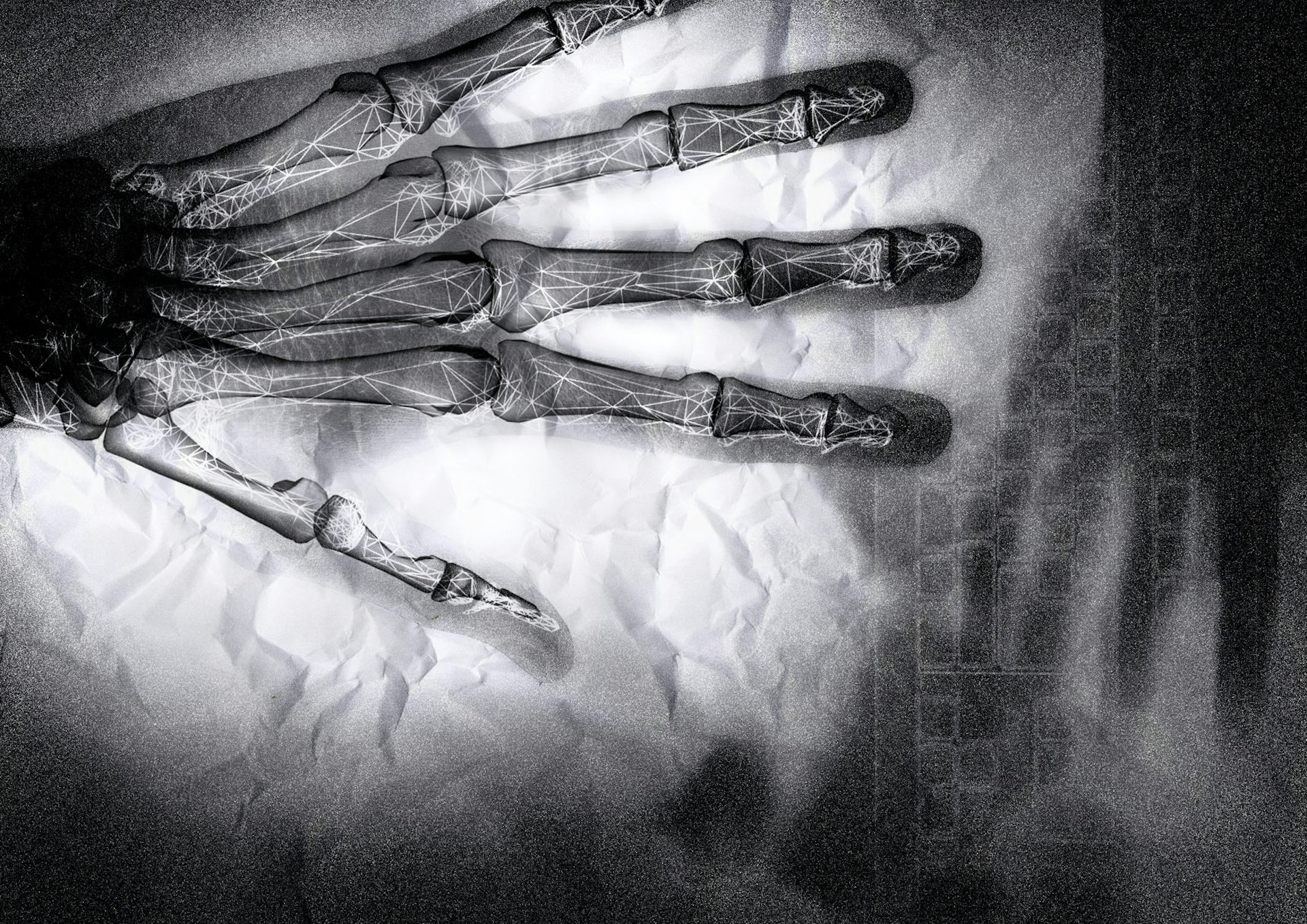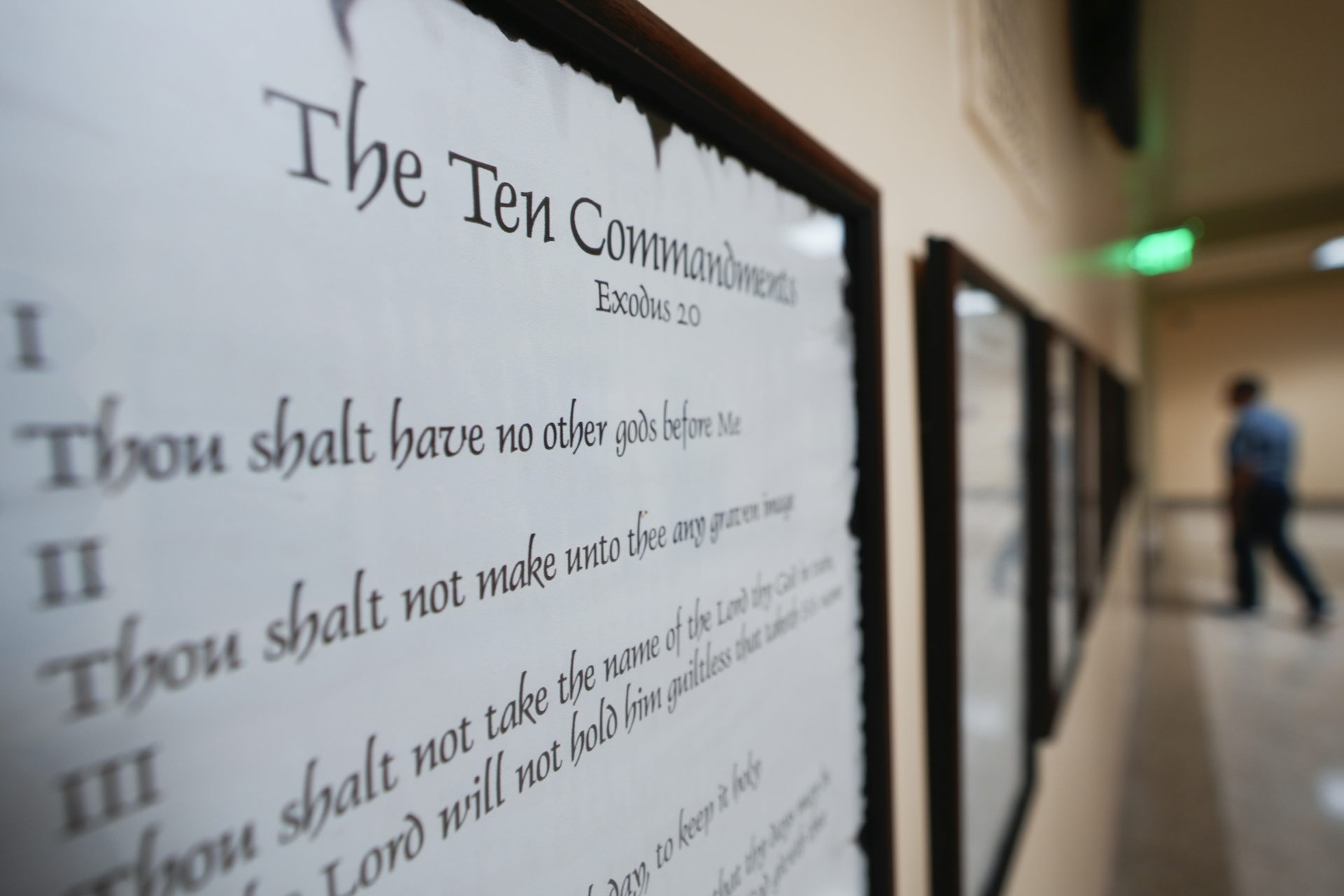‘KPop Demon Hunters’ is attracting huge audiences worldwide – young Philadelphians told us K-pop cul
Researchers interviewed 30 young adults in Philadelphia about how South Korean media and culture supports their emotional health.

“Born with voices that could drive back the darkness,” the character Celine, a former K-pop idol, narrates at the start of Netflix’s new release “KPop Demon Hunters.” “Our music ignites the soul and brings people together.”
The breakout success of “KPop Demon Hunters,” Netflix’s most-watched original animated film, highlights how “hallyu,” or the Korean Wave, keeps expanding its pop cultural reach. The movie, which follows a fictional K-pop girl group whose members moonlight as demon slayers, amassed over 26 million views globally in a single week and topped streaming charts in at least 33 countries.
From K-pop and K-dramas to beauty products and e-sports, hallyu – which refers to the global popularity of South Korean culture – has drawn in millions of fans worldwide. But beyond entertainment, many young people describe how their engagement with Korean culture supports their mental health and sense of belonging.
We conducted interviews with 30 non-Korean hallyu fans aged 18-30 in Philadelphia in 2019 to understand how they experience Korean cultural content. Our findings were recently published in the peer-reviewed World Leisure Journal.
The core themes, such as the emotional support, community building and cultural exploration offered by hallyu, remain relevant today, especially as Korean media continues to expand their global influence and resonate with new generations of fans.
A light space in a heavy world
Participants described hallyu, especially K-pop and K-dramas, as a refuge from the stress and negativity they associate with mainstream Western media.
“I think Western music is a lot … more mellow,” a 24-year-old social worker explained. “It’s like a blunt kind of depression … it doesn’t make you go out in the world and smile at everything.”
In contrast, K-pop was often described as uplifting, playful and emotionally resonant. This contrast was especially important for individuals who felt overwhelmed by the hypersexualized or violent content common in Western pop culture.
“I feel like the stories in [Korean dramas] make more of an effort to connect with people,” said a 22-year-old communications associate. “They’re not as explicit. [For instance, simply] holding hands is a huge deal.”
Another participant, a 19-year-old college student and part-time barista who identified as asexual, shared: “I really like seeing content where they portray a hug or simple kisses as extremely intimate. … [I]t just makes me more comfortable.”
Music as emotional medicine
For many interviewees, hallyu had become a form of emotional self-care.
“It supplements my happiness,” a 25-year-old researcher said. “I’m a pretty optimistic person; it just kind of supplements that baseline optimism.”
Others described how specific songs helped them through difficult times. The college student and barista recalled listening to the boy band BTS’ “Magic Shop” during a spell of depression. “I would just wrap a blanket around myself, sip tea … and it made me feel immensely better,” she said.
This therapeutic effect is not accidental. BTS, one of the most globally recognized K-pop groups, has built its brand around messages of self-love and mental health awareness.
“They try to spread a message of loving yourself,” a 24-year-old medical assistant explained. “Like no one can love you unless you love yourself first.”
Building community online and offline
Another key benefit of hallyu culture is the sense of community it fosters. Individuals from all backgrounds and ages connect through social media, fan clubs and local events.
“I’ve met a lot of people through [the K-pop club] on Temple’s campus,” one participant said. “We’d watch K-pop and K-dramas together. … [T]hat is still one of our major connections.”
Online platforms also play a crucial role. Individuals share translations, create fan art and organize charity projects in honor of their favorite idols.
“We do projects for BTS’ birthdays,” a 28-year-old government appraiser said. She also donated blood on the birthday of Mingyu, a member of the K-pop group Seventeen.
Exploring identity and culture
For many Asian American fans, hallyu has also become a way to explore and affirm their cultural identity.
“I think the Asian cultural dynamic … is familiar to me,” a Chinese American participant said. “It encouraged me to be more proud of my own culture.”
Another Chinese American participant, a third-year college student, reflected on how Korean dramas helped her appreciate traditional values: “They made me more aware … of how you should talk or act around people. It’s constantly reminding me of ways I can self-improve.”
Even non-Asian fans connected with the values portrayed in Korean media. One Jewish participant, a 26-year-old Ph.D. candidate, noted the similarities between Korean and Jewish family structures: “Our morals, our values … just fit very well together.”
A meaningful investment of time
While some fans acknowledged that their engagement with hallyu could be time-consuming, many saw it as a worthwhile investment.
“It’s probably an embarrassing amount of time,” one participant admitted. “But pretty much anytime I’m bored, I turn to K-pop.”
Another compared their hallyu consumption to “therapy sessions.”
Others described how, over time, they became more involved in fan communities or online content, and this deeper level of engagement often led to skill-building and personal growth as they learned video editing, translation, event planning and even fundraising. Participants who raised money for animal shelters or dance studios, for example, said they were inspired by the values promoted in hallyu culture. These efforts helped them feel more connected to both their idols and one another.
“I created a huge analysis on costuming in a certain music video for Seventeen,” a 26-year-old restaurant manager said. “I just couldn’t help myself.”
In a media landscape often dominated by cynicism and spectacle, the Korean Wave offers an alternative: a space where joy, vulnerability and connection are not only possible, but celebrated.
Read more of our stories about Philadelphia.
The authors do not work for, consult, own shares in or receive funding from any company or organization that would benefit from this article, and have disclosed no relevant affiliations beyond their academic appointment.
Read These Next
Taboo tics like shouting curses and slurs are uncommon in Tourette syndrome − but people who have th
Obscene language tics, called coprolalia, don’t reveal what people with Tourette’s think and feel.…
Artists and writers are often hesitant to disclose they’ve collaborated with AI – and those fears ma
Whether they’re famous composers or first-year art students, creators experience reputational costs…
1 protein to rule them all – why crowning the protein that makes jellyfish glow green as a model can
Researchers have been studying tens of thousands of proteins and even more variations without a yardstick…





